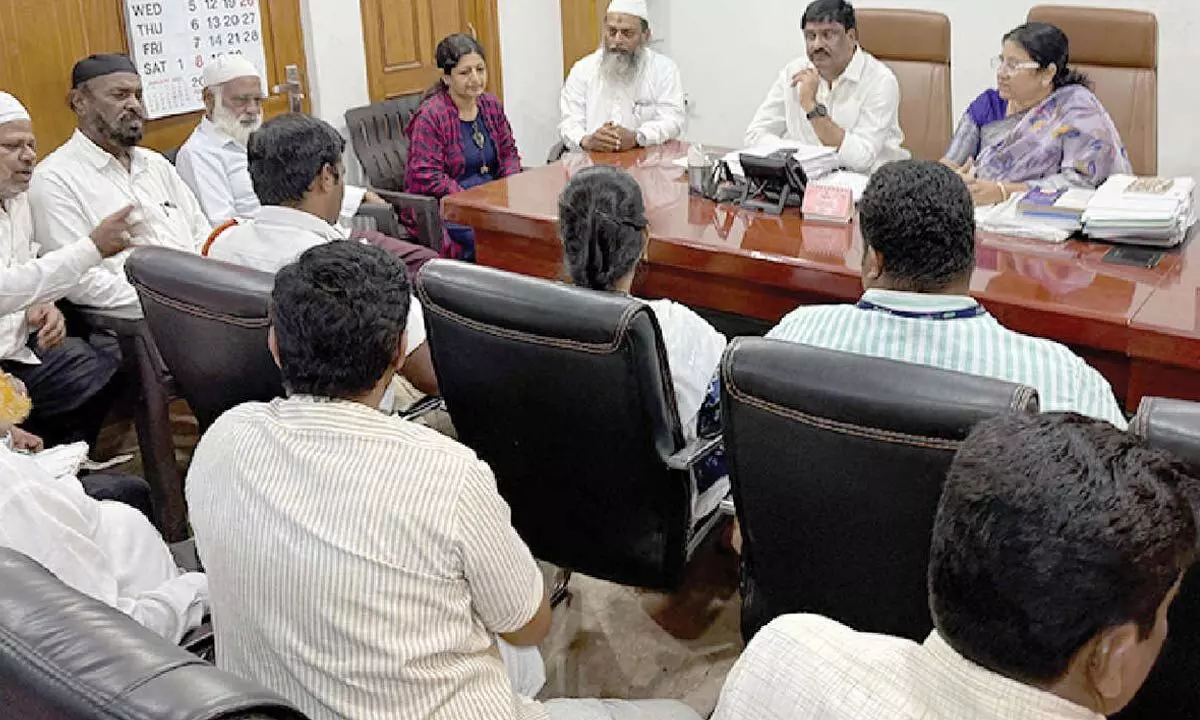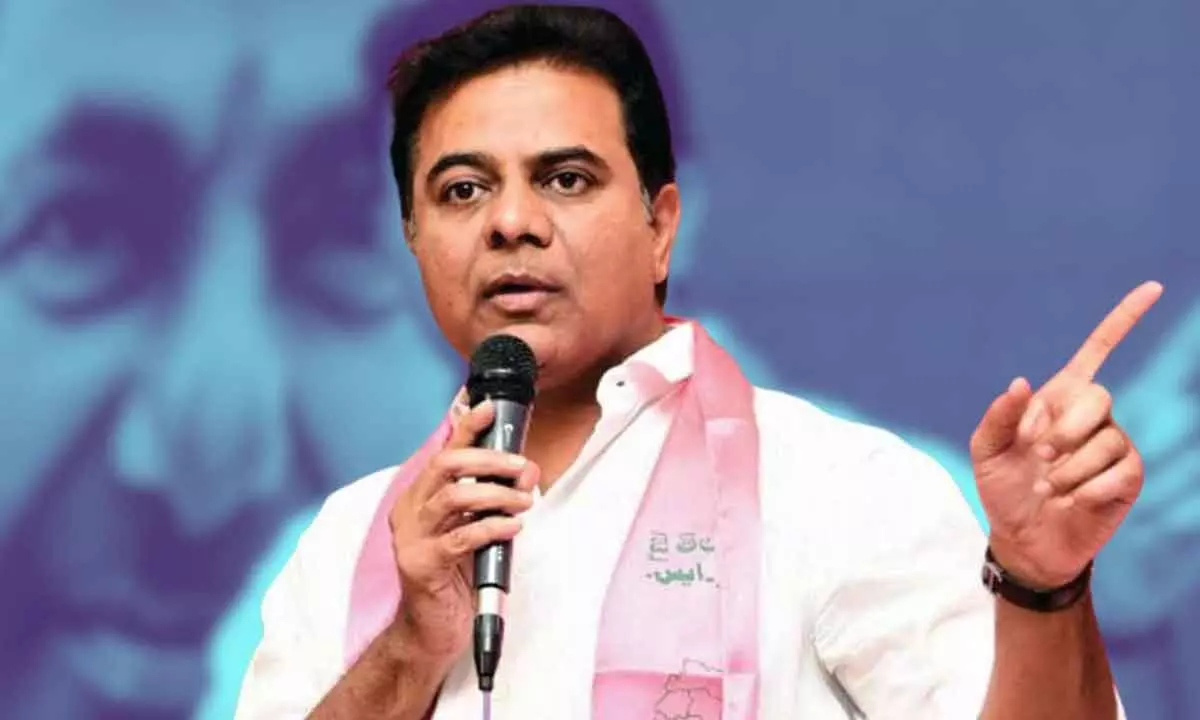The Telangana Council of Higher Education (TGCHE) has introduced 12 key changes to modernize the curriculum for undergraduate programs in Business, Commerce, Law, and Management. This initiative aims to update academic programs to match industry demands and global standards.
To implement these changes, TGCHE formed a seven-member committee led by its Chairman, Prof. V. Balakista Reddy. Other members include educational experts from Osmania University, the University of Hyderabad, JNTUH, MGU, and the Indian Institute of Management & Commerce, Hyderabad.
The committee has made several recommendations to improve the quality and relevance of the curriculum. One major recommendation is the alignment of undergraduate and postgraduate programs to reduce syllabus overlap and ensure a smoother learning progression.
Another key suggestion is bridging the gap between traditional and online education, ensuring students in different learning formats receive equal access to quality education. Additionally, the committee proposed introducing multiple entry and exit points, allowing students to switch disciplines or re-enter academic programs as needed.
To enhance employability, the committee emphasized the integration of technology and skill-based learning modules. This includes incorporating emerging technologies like Generative AI in programs such as BBA, BCom, and LLB. It also recommended retaining language courses throughout undergraduate programs to improve students’ communication skills.
The committee further highlighted the need for indigenous programs inspired by national initiatives like SWAYAM, MOOCs, and NPTEL. Faculty development was also stressed, with a proposal for regular workshops to keep educators updated on new trends.
A significant recommendation was aligning the curriculum with the United Nations Sustainable Development Goals (UN SDGs), ensuring students are prepared to address global challenges. Another key focus was using technology to promote inclusive education, helping bridge the gap between urban and rural students.
To support students in their academic and professional journeys, the committee proposed mandatory mentoring and counseling programs. Strengthening industry and startup collaborations was also suggested to enhance hands-on learning experiences through internships and CSR funding.
Finally, the committee encouraged collaboration between conventional degree colleges and engineering institutions to promote cross-disciplinary learning and better technical resources. These changes aim to create a modern, flexible, and industry-relevant education system that benefits both students and the workforce.











